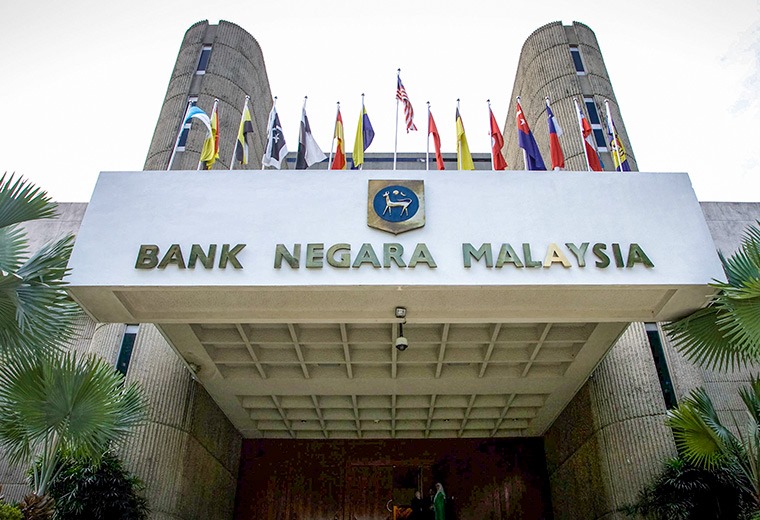KUALA LUMPUR, Dec 15 (Bernama) — Bank Negara Malaysia (BNM) has no immediate plan to issue Central Bank Digital Currency (CBDC), Deputy Finance Minister II Yamani Hafez Musa said.
He said in Malaysia, the domestic payment systems, including the Real-time Retail Payments Platform (RPP) continued to operate securely and efficiently to support economic needs and at the same time enable real-time digital payments.
“The financial system in Malaysia continues to support the functioning of the economy while meeting the needs of individuals and businesses.
“However, BNM will continue to actively assess the potential of CBDC to achieve public policy objectives,” he said during a question and answer session at the Dewan Rakyat today.
Yamani Hafez was responding to a question from Sibuti MP Lukanisman Awang Sauni, who wanted to know the government’s strategy in ensuring that Malaysians, especially youths, were not left behind in understanding blockchain technology, its stance on the use of cryptocurrencies in daily transactions, and the initiatives to process its own cryptocurrencies (stablecoins).
The deputy minister said the rapidly changing payment and cryptocurrency landscape has prompted central banks to assess the appropriateness of issuing CBDC.
“CBDC is a digital payment instrument issued by a central bank and it is being explored and studied by various central banks in the world,” he said.
Yamani Hafez said among the government’s initiatives to ensure Malaysians, especially youths, were not left behind in understanding blockchain technology included the hosting of the annual FinTech SCxSC Conference by the Securities Commission Malaysia (SC) for eight years since 2014.
“This year, the SCxSC Conference was held from Oct 26 to 28, 2021. Of the attendees, 60 per cent belonged to the youth group aged 35 and below.
“In the financial sector, the first application of blockchain technology is in cryptocurrencies or digital currencies such as Bitcoin,” he said.
On the government’s stance on the use of cryptocurrencies in day-to -day transactions, he said digital assets could be issued by companies for fundraising purposes, but it was also subject to issuers meeting the conditions set by the SC as provided under the Capital Markets and Services (Prescription of Securities) (Digital Currency and Digital Token) Order 2019.
As for the use of cryptocurrencies for the purpose of payment, he said cryptocurrencies such as Bitcoin and Ethereum were not recognised as legal tender currencies in Malaysia and were not a payment instrument regulated by BNM.
“Cryptocurrencies are not suitable to be used as a payment instrument as the currencies do not show the universal characteristics of money,” he said.
In general, he said cryptocurrencies were not a good store of value and a medium of exchange due to the risks of cryptocurrencies being vulnerable to volatile price fluctuations and exposure to cyber threats and lack of scalability.
— Bernama





